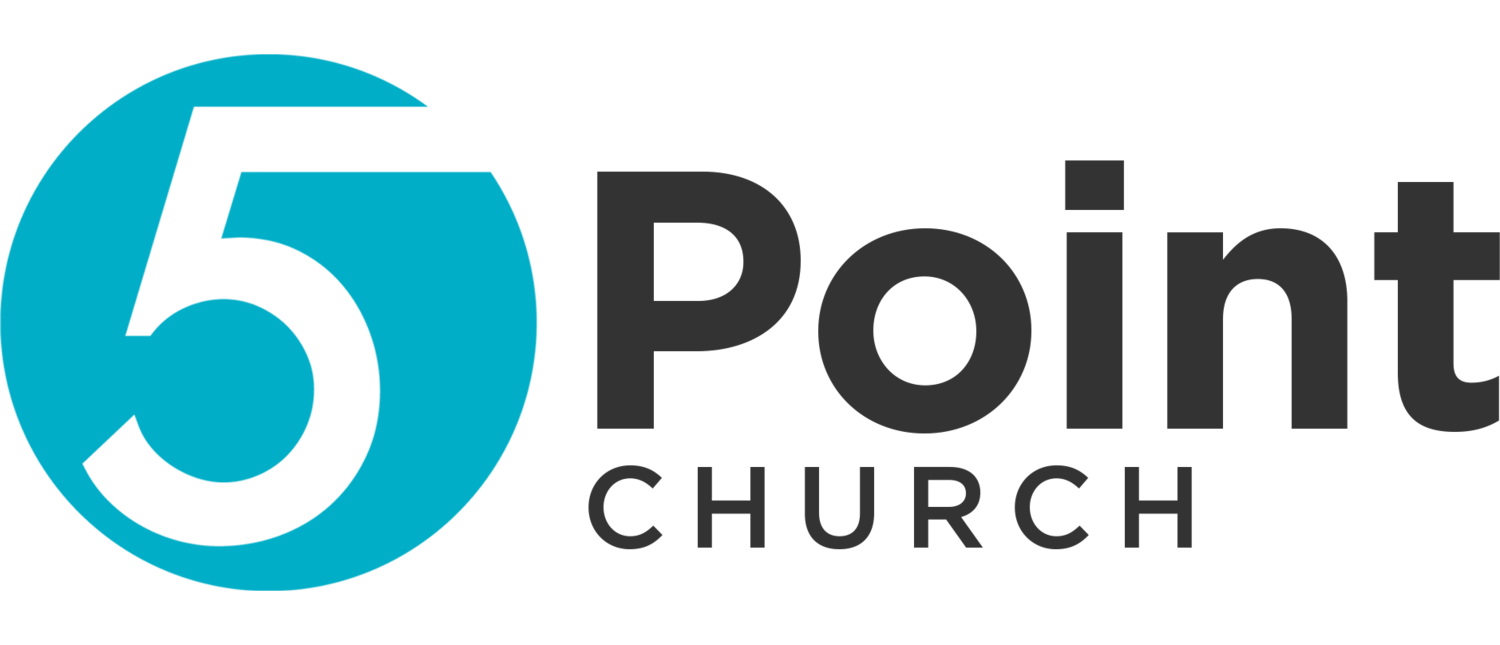Book of John: John 10
This week, we talked about the power of declarations—those clear, intentional statements that shape our direction and reveal what we truly believe. We kicked off with a story about setting bold expectations, like a team hanging a “state champions” banner before it ever happened. People thought it was naive, but belief paired with hard work led to a surprising run and eventually three state championships. That set the tone: declarations aren’t just slogans; they influence identity, culture, and action. We laughed about Michael Scott’s “I declare bankruptcy!” and remembered lines like Muhammad Ali’s “I must be the greatest,” and FDR’s “a date which will live in infamy.” But then we zoomed in on declarations that matter infinitely more—Jesus’ words in John 10: “I am the door,” “I am the good shepherd,” and “I am the Son of God.”
“I am the door” reminded us that the only way to the Father is through Jesus. In the ancient world, shepherds became the “door” of the sheepfold by sitting in the opening—anyone climbing in another way was a thief and a robber. Jesus was clear: we can’t earn our way to God through good behavior, reputation, or religious activity. He offers abundant life, not the kind of empty striving that steals, kills, and destroys. The sheepfold (the church) is our spiritual home, a place of safety—but we’re also sent out to find pasture under His care. Comfort isn’t the goal; obedience is. And that’s where “I am the good shepherd” hits home. Jesus knows His sheep, His sheep know His voice, and He lays down His life for them. He expands the flock beyond Israel so there’s one family under one shepherd. The question is whether He’s truly your shepherd. Our declarations—what we post, chase, talk about, and prioritize—expose whether Jesus is Lord or just a label we wear. If He’s the shepherd, we listen for His voice, follow His lead, and live as people who belong to Him.
We also moved into the scene at the Feast of Dedication (Hanukkah), where the leaders asked Jesus to tell them plainly if He was the Christ. Jesus essentially said, “I have told you, and you don’t believe—My works testify.” It’s sobering: during a festival about rededication and light, the true Temple and Light of the world stood before them, and they missed Him. Declarations demand belief, and real belief shows up in our works—not to make our name known, but to bear witness to the Father’s. Jesus promises eternal life, security in His hand, and unity with the Father: “No one will snatch them out of My hand… I and the Father are one.” That’s more than theology; it’s a place to stand when life shakes. We don’t belong at God’s table because of what we’ve done; we belong because of what Jesus has done. Our lives are His—our wool, our bodies, our everything. We’re blessed to be a blessing, placed as light in dark places, not always rescued from them. If serving defined Jesus (Mark 10:45), it should define us too. The early church gave radically because they understood how much Christ had given for them. The challenge for us: when was the last time you did something big and risky for Jesus—something that pushed you past comfort and required faith?
Let’s be a church that doesn’t just talk about declarations—we live them. Declare Jesus as Lord with your time, your treasure, your words, and your courage. Listen for the Shepherd’s voice, trust His leadership, and align your life with His mission.
Discipleship next steps:
Read John 10 this week and ask the Holy Spirit to help you recognize Jesus’ voice. Journal what you sense He’s saying.
Pray daily, “Jesus, be my door and my shepherd. I surrender my plans, pace, and preferences to You.”
Take one step of obedience you’ve been delaying—reconciliation, generosity, serving, or repentance.
Practice generosity by meeting a tangible need—bless a family, support a local mission, or give sacrificially.
This week, be still, listen, and let your life declare, “I belong to King Jesus.”
